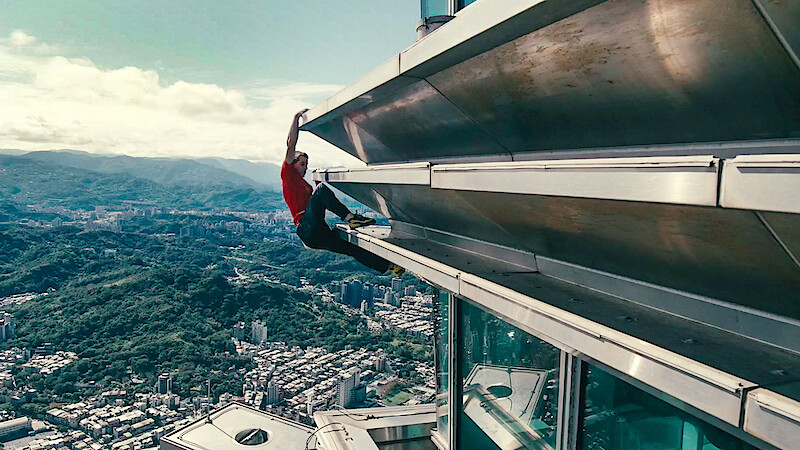
Dr. Sanjay Gupta: Should You Eat Before or After Strength-Training?
Strength training can be confusing enough on its own. But mix in what —and when— to eat, and you might just choose to sit on the couch…
Thought Leader: Sanjay Gupta
Dr. Scott Gottlieb told CNBC on Wednesday he believes enough Americans are fully vaccinated to delay the risk presented by the Delta Covid variant.
“The question is: Are there enough unvaccinated people that this could get into the population and start spreading more widely? I happen to think it’s unlikely that this is going to be a threat until the fall, perhaps,” the former Food and Drug Administration commissioner said on “Squawk Box.”
Gottlieb’s comments come as speculation grows that the U.K. could delay the lifting of all lockdown measures in England, set for June 21, due to increasing prevalence of the Delta variant, which was first discovered in India.
The most severe cases involving the Delta variant appear to be in unvaccinated people or those who are only partially vaccinated, Gottlieb noted. “It does seem to be a more dangerous variant. That said, two doses of the vaccine seem to be very protective.”
“People who are fully vaccinated, I think, are pretty well protected against this new variant based on the accruing evidence,” added Gottlieb, who led the FDA in the Trump administration from 2017 to 2019. He’s now on the board of vaccine maker Pfizer.
On Tuesday, White House chief medical advisor Dr. Anthony Fauci stressed the importance of Americans becoming fully vaccinated to protect against the Delta variant. Currently, Fauci said it accounts for more than 6% of the U.S. coronavirus infections that scientists have genetically sequenced.
The Delta variant, meanwhile, is becoming the dominant variant in the United Kingdom. The U.S. and U.K. now have around 53% of adults fully vaccinated against Covid. However, Gottlieb said England’s decision to delay the administration of second doses in order to give more people initial shots “probably opened the door to this spreading a little bit more widely.”
At a White House briefing Tuesday, Fauci called out as examples Covid vaccines from Pfizer and AstraZeneca — which is used in the U.K. but not the U.S. — saying they were around 33% effective in protecting against the Delta variant after one dose. For Pfizer, that rose to 88% efficacy after the second dose, Fauci said, while AstraZeneca’s vaccine was 60% effective, according to the National Institutes of Health.
“It does appear that two doses of the vaccine are more important against these variants than they were against the old strain of the virus,” Gottlieb said.
Despite vaccination progress in the U.S., Gottlieb acknowledged there could be worrisome situations in the country involving the Delta variant. “If you have a community where there’s a lot of unvaccinated people and you have a super-spreading event with Delta … you could get an outbreak here.”
Covid cases in the U.S. continued to fall. The country’s seven-day average of daily new coronavirus infections is around 14,400, according to a CNBC analysis of Johns Hopkins University data. That’s about 17% lower than it was a week ago. It also represents an over 60% decline from roughly a month ago. The highest single day of new cases in the U.S. was 300,462 on Jan. 2.
Dr. Sanjay Gupta: Should You Eat Before or After Strength-Training?
Strength training can be confusing enough on its own. But mix in what —and when— to eat, and you might just choose to sit on the couch…
Thought Leader: Sanjay Gupta
Chris Miller: The Supply Chain Risk to U.S. Quantum Leadership
The winner of the race for the futuristic tech could be determined by supply-chain bottlenecks. In this Washington Post analysis, Chris Miller and Josh Zoffer…
Thought Leader: Chris Miller
Alex Honnold Completes His Free Solo Of Taipei 101
ALEX HONNOLD AFTER COMPLETING HIS FREE SOLO OF TAIPEI 101. The 101 story climb took 1 hour and 31 minutes. Alex Honnold is a professional rock…
Thought Leader: Alex Honnold

